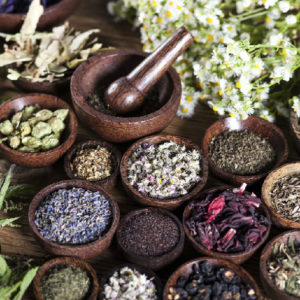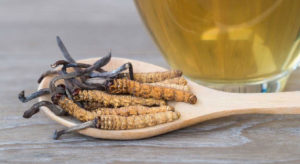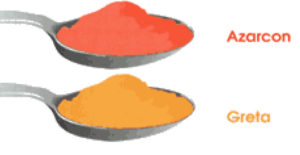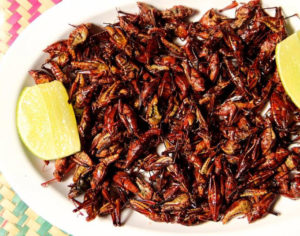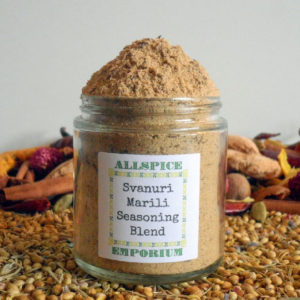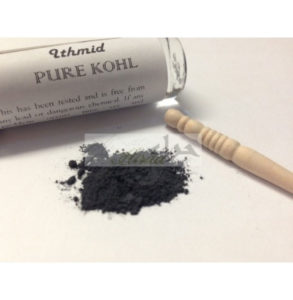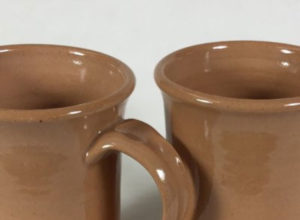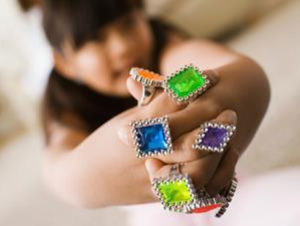Remember, everyday moments are rich bonding and learning opportunities. Enjoy the magic of these moments with your child.
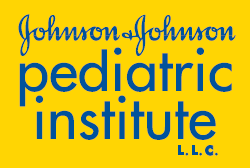
Johnson & Johnson Pediatric Institute, L.L.C., is a company solely
dedicated to improving maternal and children’s healthcare through the advancement of continued learning and research in pediatrics, child development, parenting and maternity care. Through partnerships with leading healthcare professionals, developmental specialists and international organizations, Johnson & Johnson Pediatric Institute, L.L.C., identifies, develops and implements initiatives and programs that help shape the future of children’s health around the world.

ZERO TO THREE is a national nonprofit organization of renowned pediatricians, educators, researchers, and other child development experts who specialize in the first years of life.
Your “baby” isn’t a baby anymore! He has ideas and opinions of his own. He can also do so much for himself—dress (or at least help), eat, and talk, talk, talk. While these accomplishments may delight you and make you feel proud, you may also feel a sense of sadness or loss, wondering where the time has gone.
This third year is a magical time as imagination is blossoming. Two-year-olds often spend a lot of time in the world of pretend. When you watch your child and join in (while letting him be the director) you will learn a lot about what he is thinking and feeling. He may make up stories where he is the dad who goes to work and you are the child left at home or in child care. He may be the king who gets everything he wants!
There may be some big adjustments ahead for both of you, as well. You might be considering pre-school. Learning to use the potty may be on the horizon. Perhaps there is a new baby coming into the picture. You may be concerned about how your toddler will adjust… or how you will handle two! These are all opportunities to help your child learn to cope with life’s changes.

